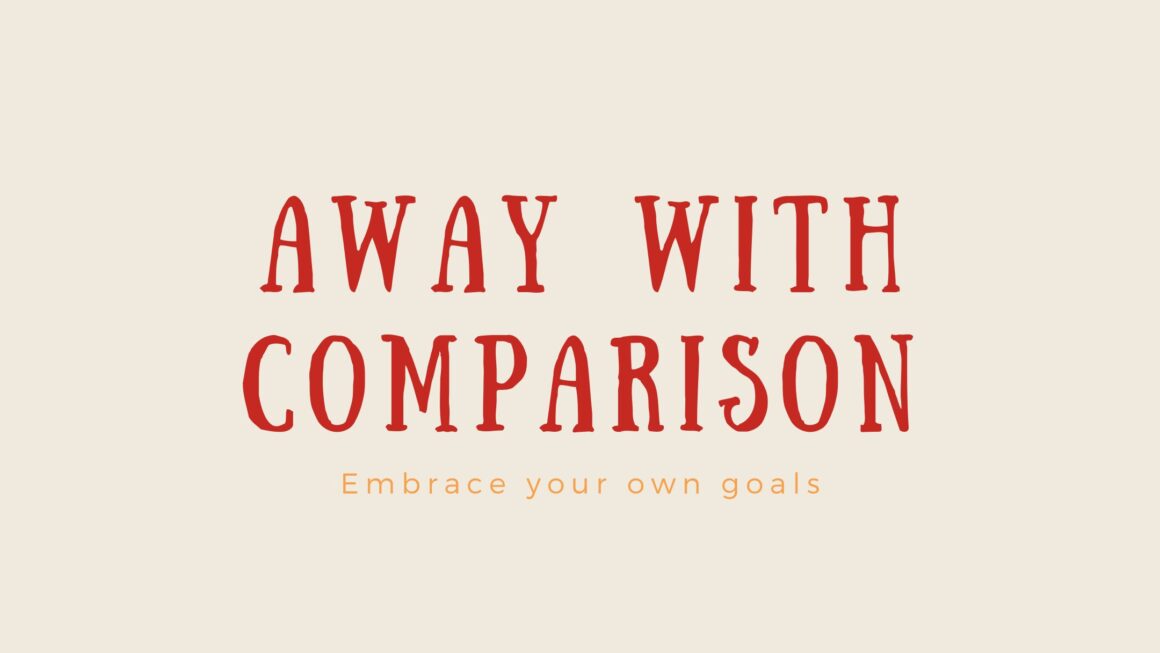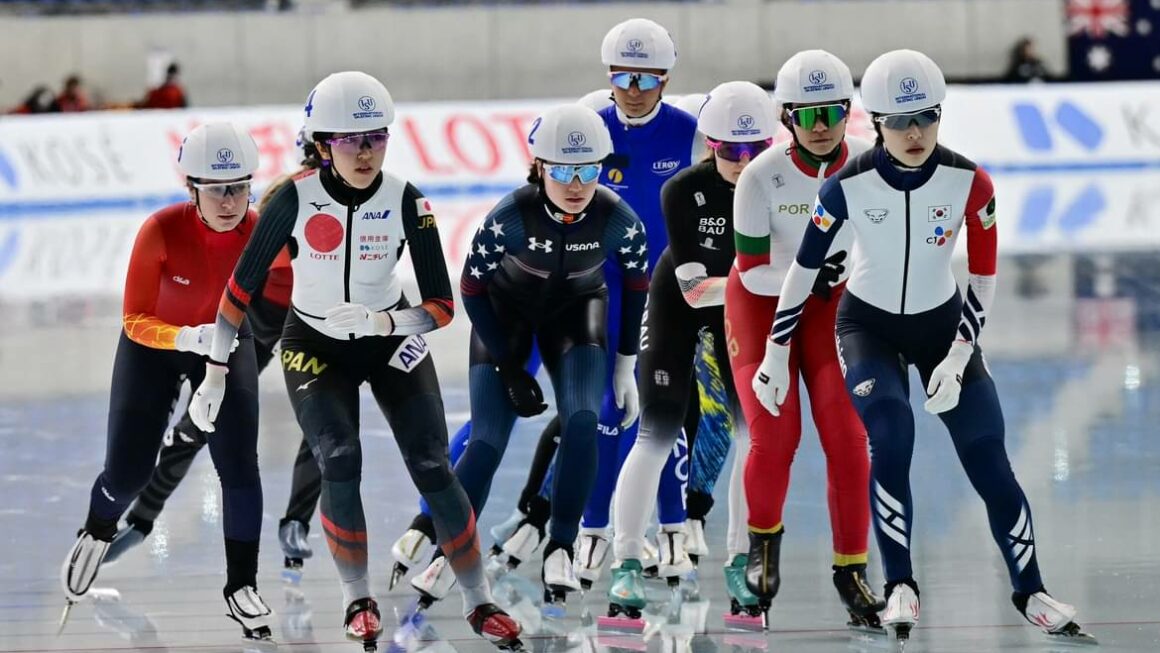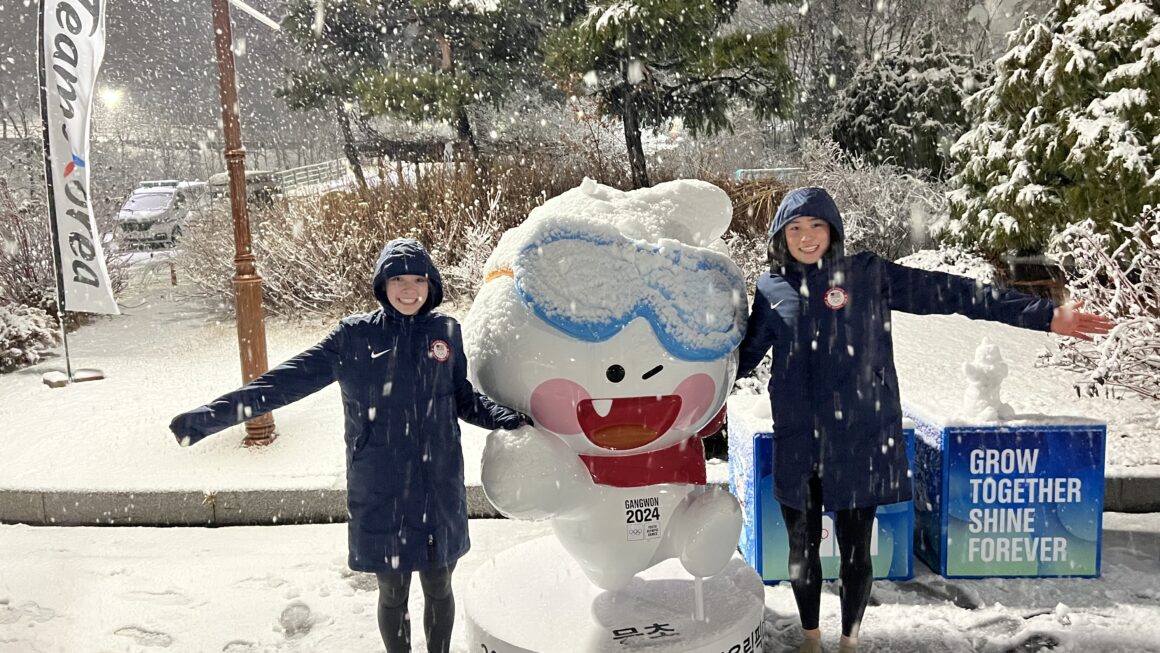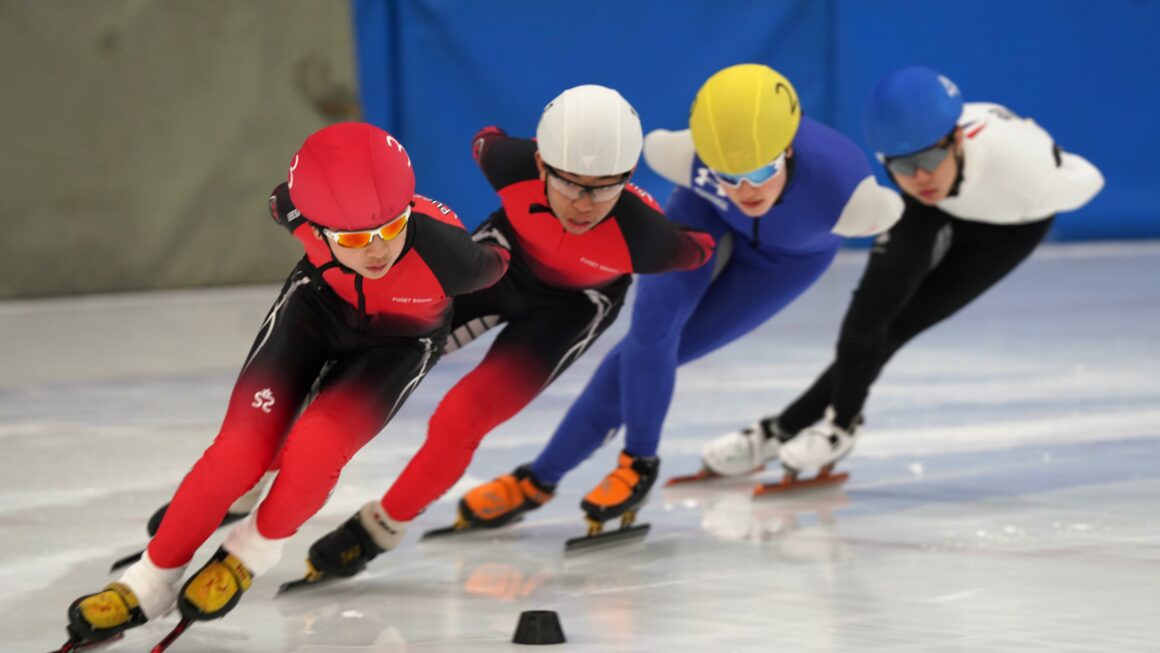Today, amid the whirlwind of college applications, I fell into the familiar trap that ensnares so many of us: diving into the dizzying world of YouTube videos titled, “How I Got Into Stanford!” or “My Stats That Got Me Into All the Ivies.” While these videos might offer a glimmer of guidance for some students, I know I must tread carefully.
Why, Marley? Don’t you thrive on competition? Don’t you aspire to get into your dream school?
Of course, I do! But this isn’t merely about competition; it’s about the perils of self-comparison when I should be celebrating my unique journey. As an athlete, student, and teenage girl, it’s all too easy to fall prey to the allure of comparison, constantly measuring myself against someone who is faster, smarter, or even skinnier. With social media constantly at our fingertips, it’s a relentless cycle that can drain our self-esteem. After spiraling down that rabbit hole of college YouTube videos today, I realized there’s no merit in comparing myself to others, especially with the pressure of competition and admission seasons looming just around the corner.
While reading an insightful article by Susan Biali Haas, it struck me that this struggle is universal; it transcends age, fitness level, intelligence, and confidence. (Read more)
Dr. Haas candidly shares her own experiences with this vicious cycle of comparison, revealing that even those well into retirement continue to grapple with it. The main culprit? Social media. The barrage of posts, videos, and articles showcasing someone’s idyllic vacation, perfect physique, or dazzling achievements can be both triggering and tantalizing. To break free from the cycle of negativity, Dr. Haas suggests a bold step: simply stop looking at them. For me, this feels like an uphill battle, considering how intertwined our lives have become with social media. It’s tough to resist checking SpeedskatingResults to see how my peers are faring or scrolling through social media, pining for the lives I see displayed.
However, one crucial point Dr. Haas makes is that we need to stop comparing our insides to others’ outsides.
Sure, someone might appear to have their life perfectly orchestrated, but who knows what chaos brews beneath the surface? They could very well be battling the same insecurities you do, glancing at your social media feed and thinking, “Wow, I wish I could live like that.” The reality is, we rarely see the full picture. For me, this means acknowledging the myriad factors that play into racing, recognizing the unique paths we each travel, and understanding the differences in our individual goals.
Lastly, comparison can morph into a constructive tool—not in the way we typically perceive it, but through admiration. Dr. Haas emphasizes that it is entirely possible to admire someone’s achievements without succumbing to jealousy or diminishing your accomplishments. Instead of viewing their success as a reminder of your shortcomings, reframe it as inspiration for your aspirations. When I see someone break a certain time standard, rather than feeling disheartened that I haven’t yet reached that benchmark, I can see it as a beacon of possibility. If they can achieve that time, why can’t I? What steps do I need to take to turn my dreams into reality?
Ultimately, the real issue isn’t comparison itself; we tend to fixate on others’ achievements instead of our growth. We don’t need to dwell on how someone else may seem superior; rather, we should focus on our journey toward achieving our own goals. Thank you, Dr. Haas.
Source:
Biali Haas, Susan . “How to Stop Comparing Yourself to Others.” Psychology Today, 5 Mar. 2018, www.psychologytoday.com/us/blog/prescriptions-for-life/201803/how-to-stop-comparing-yourself-to-others. Accessed 15 Oct. 2024.



